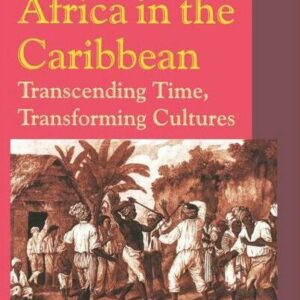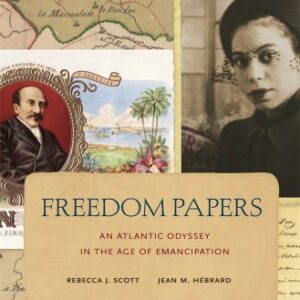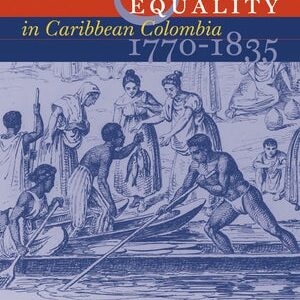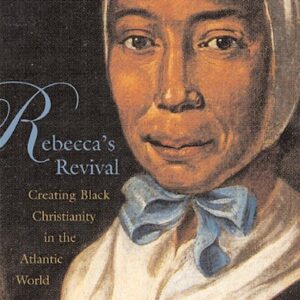
Central Africa in the Caribbean: Transcending Time, Transforming Cultures
By Maureen Warner-Lewis (NHC Fellow, 1993–94) Central Africa in the Caribbean is the product of more than three decades of research. Maureen Warner-Lewis’s pioneering study analyses some of the main lineaments of the Central African cultural legacy in the Caribbean, with fascinating transatlantic comparative data. She identifies Central African cultural forms in areas settled by the … Continued



